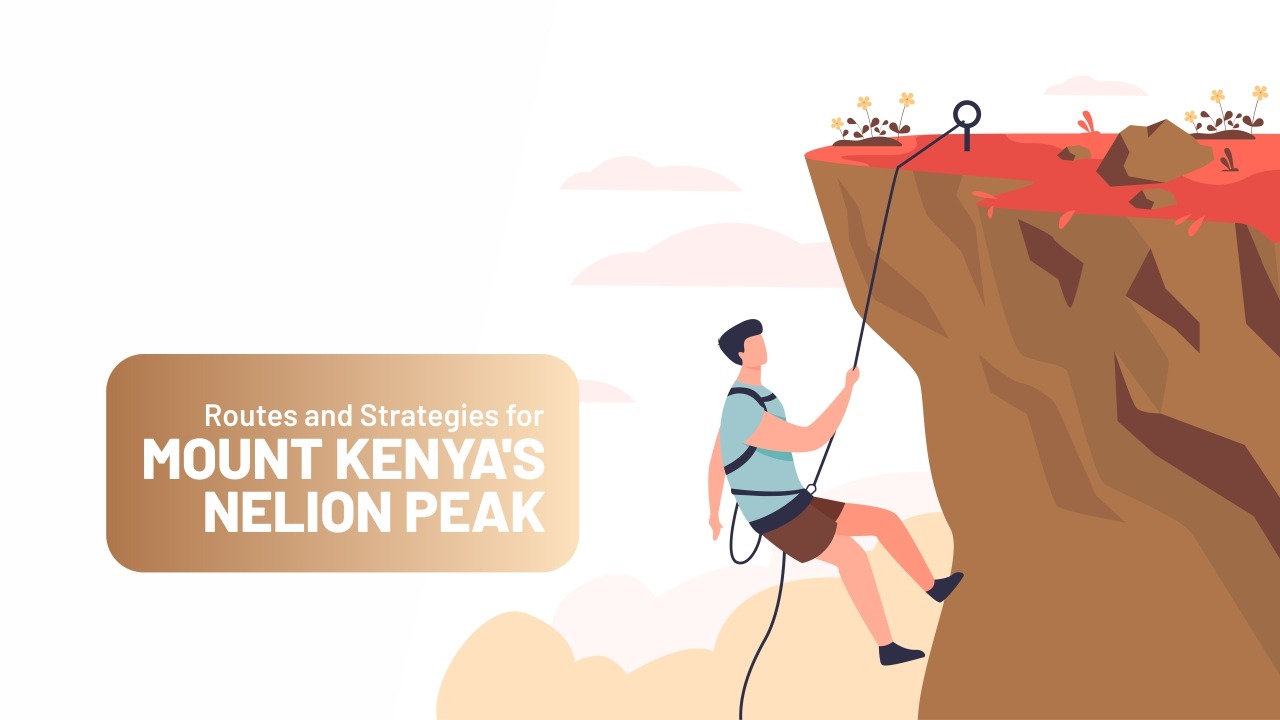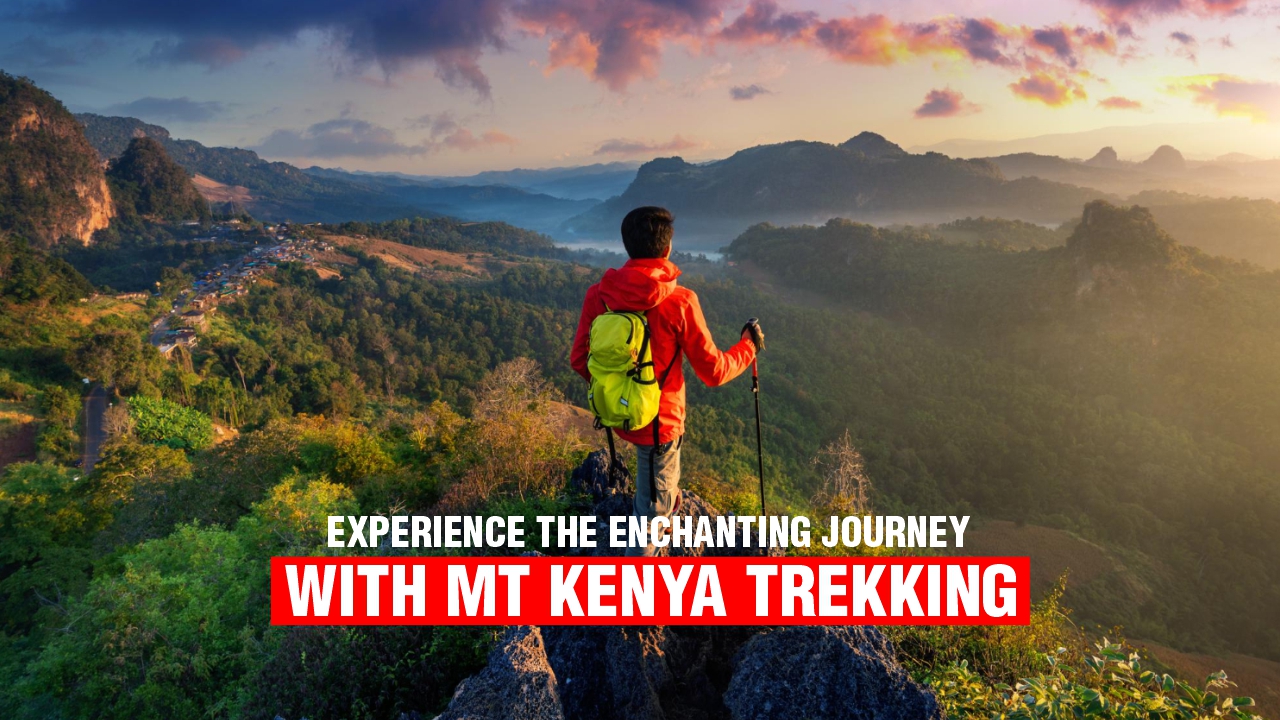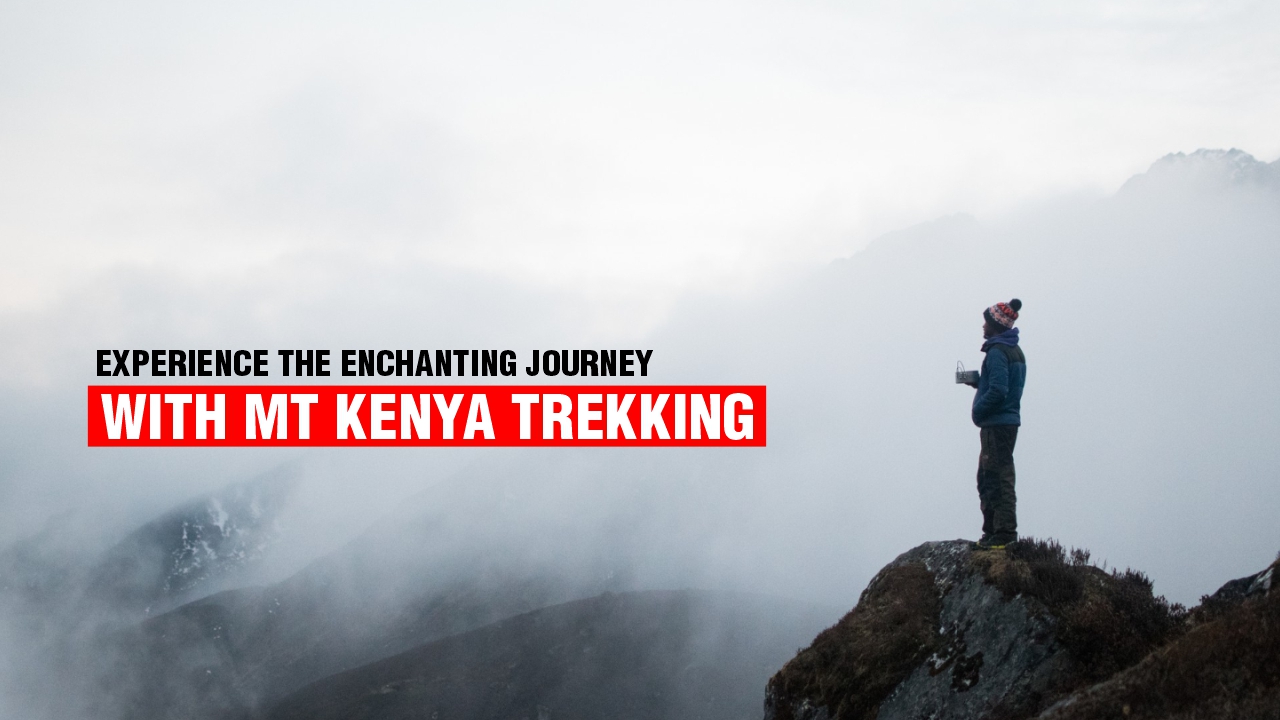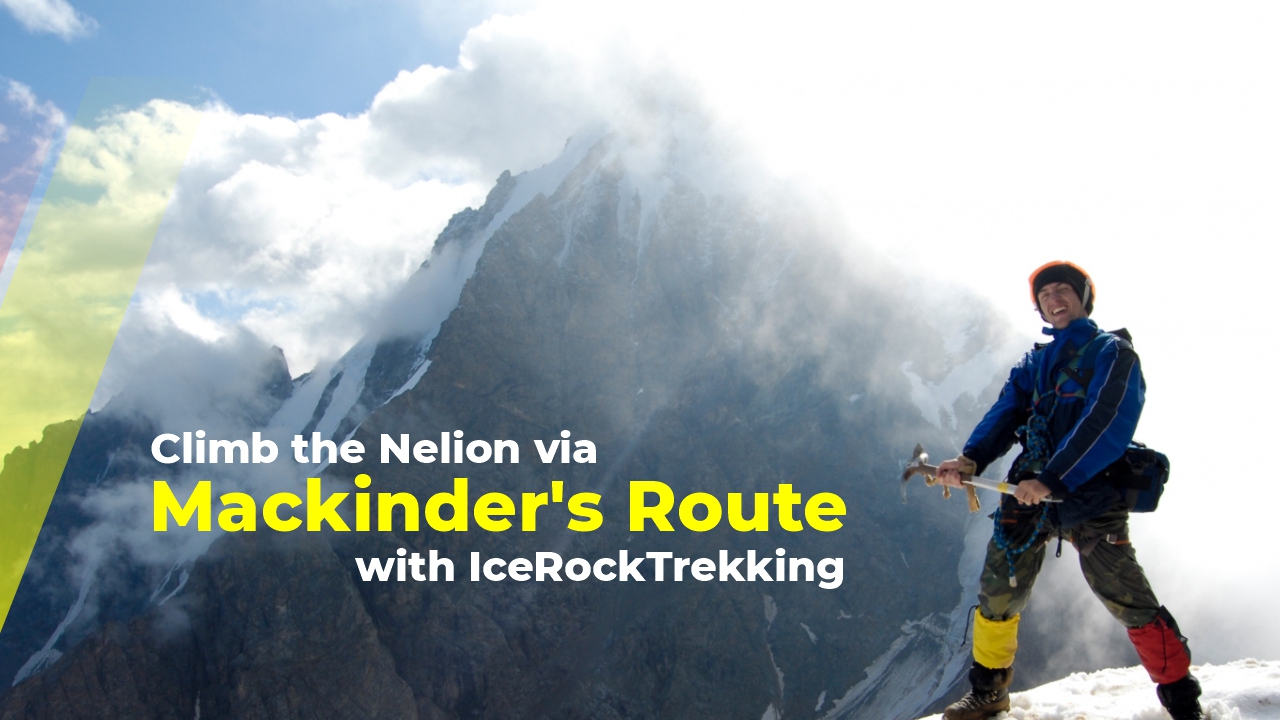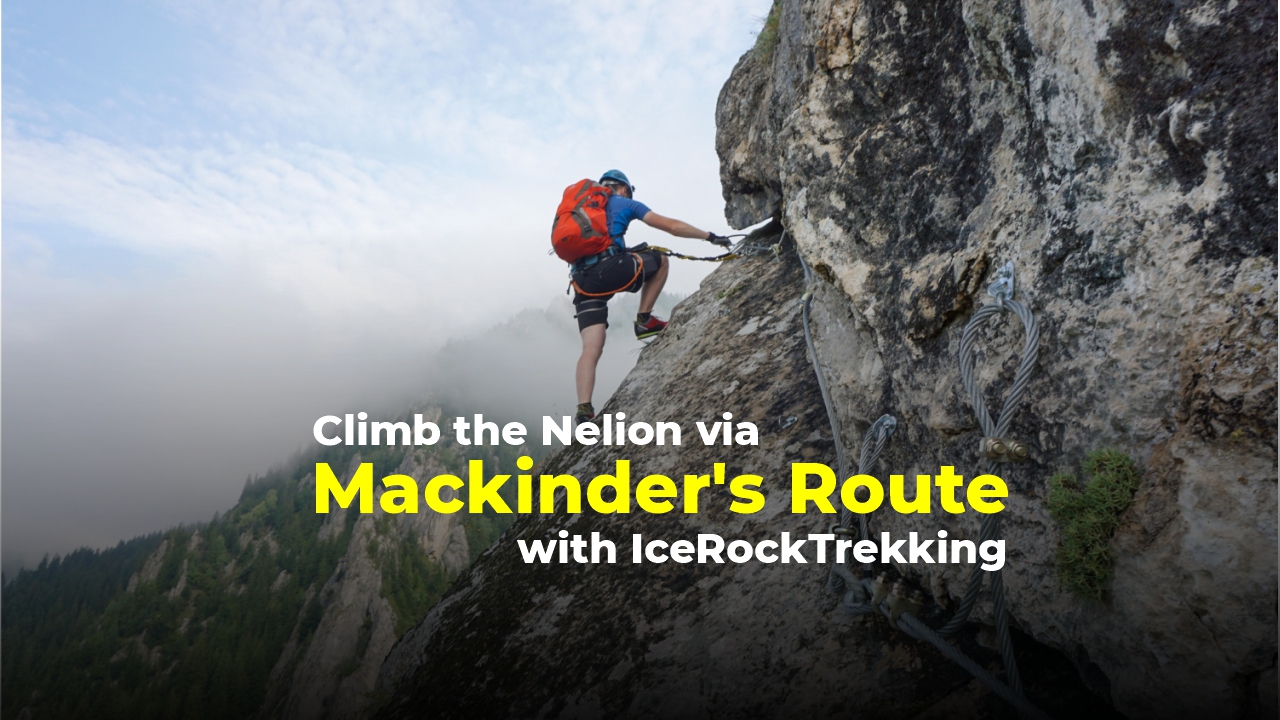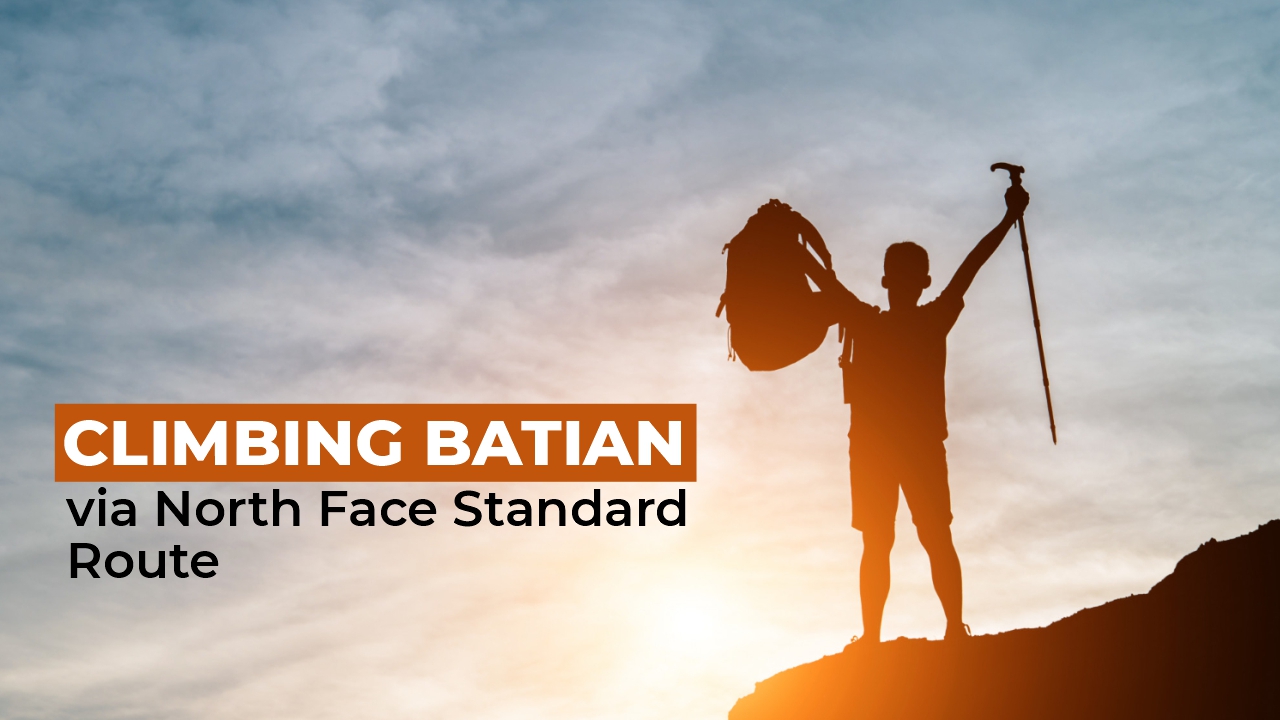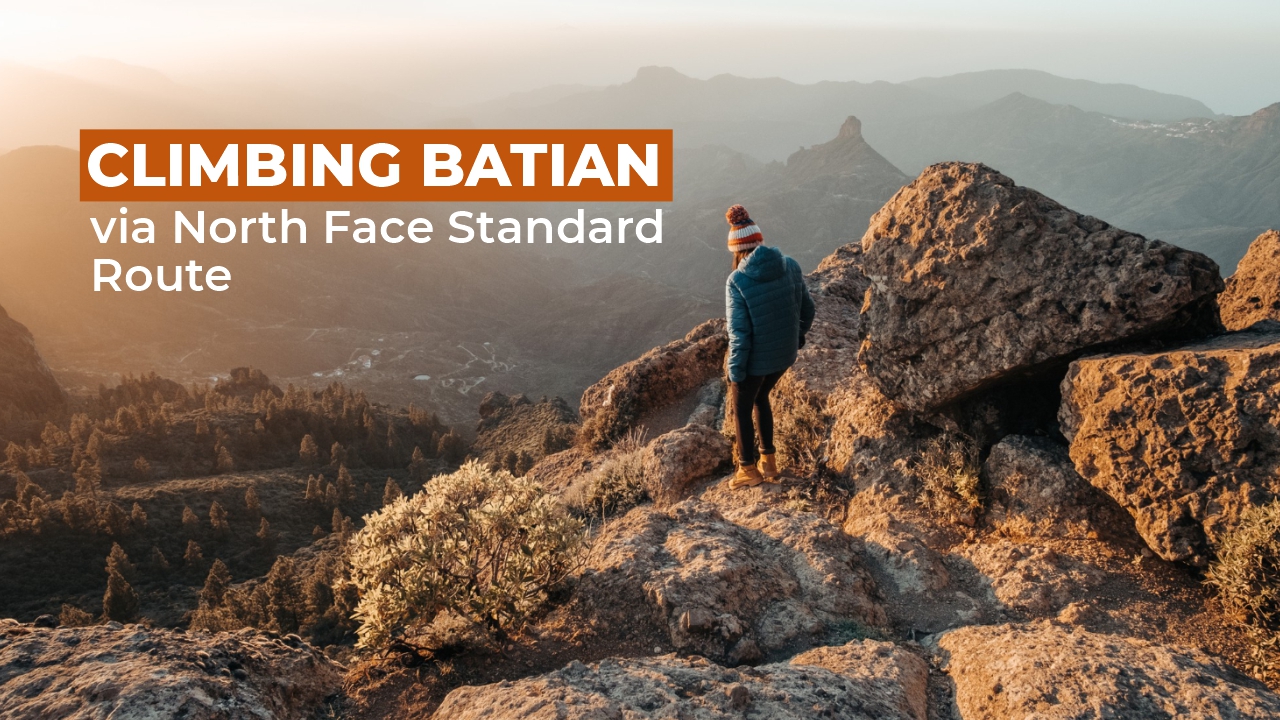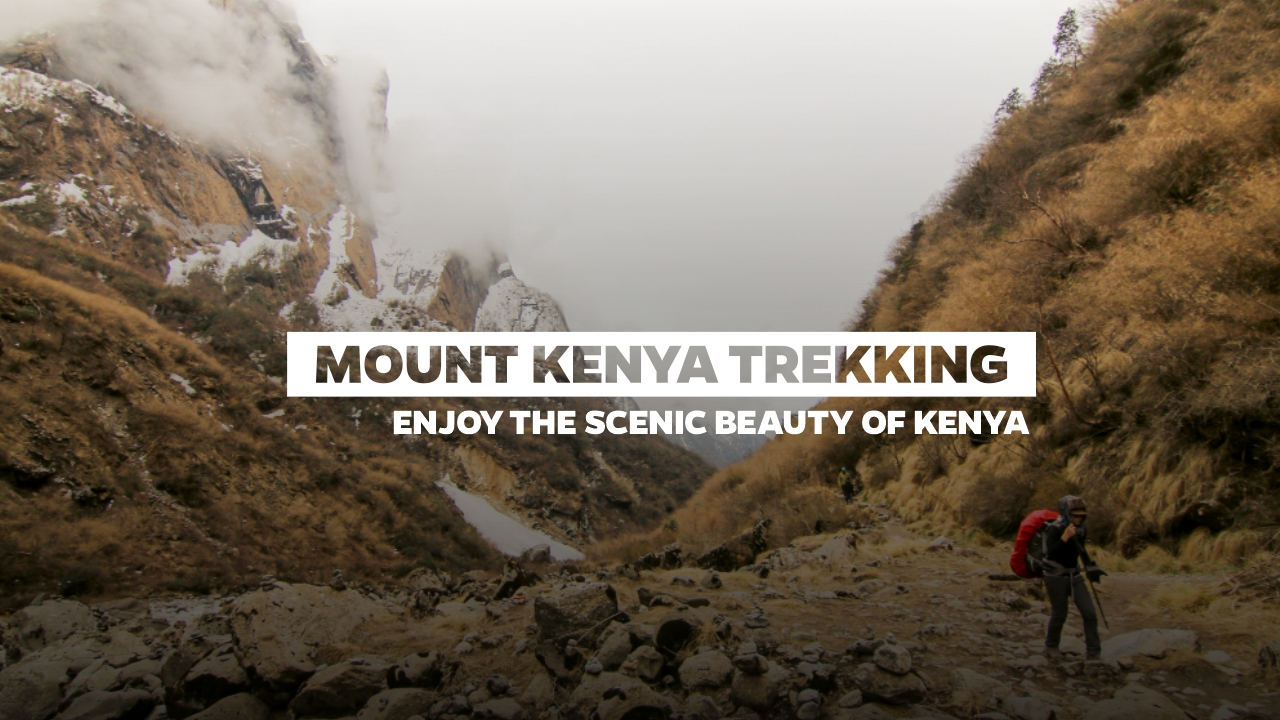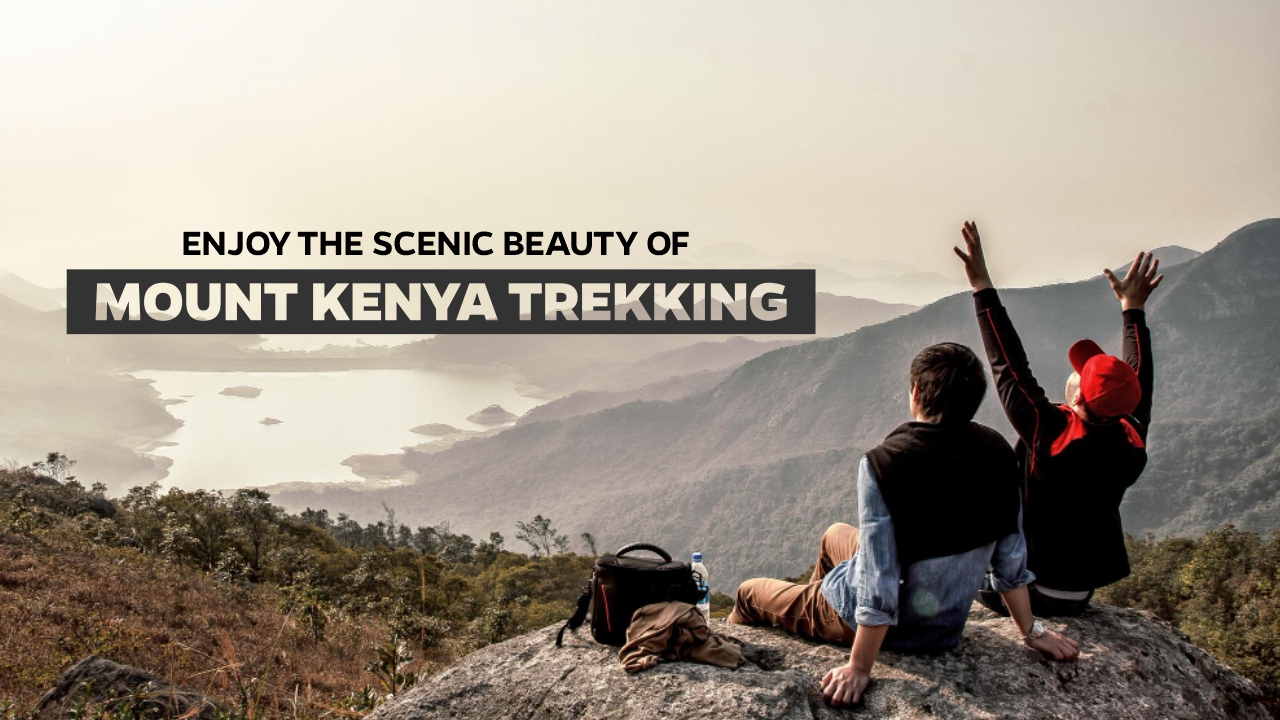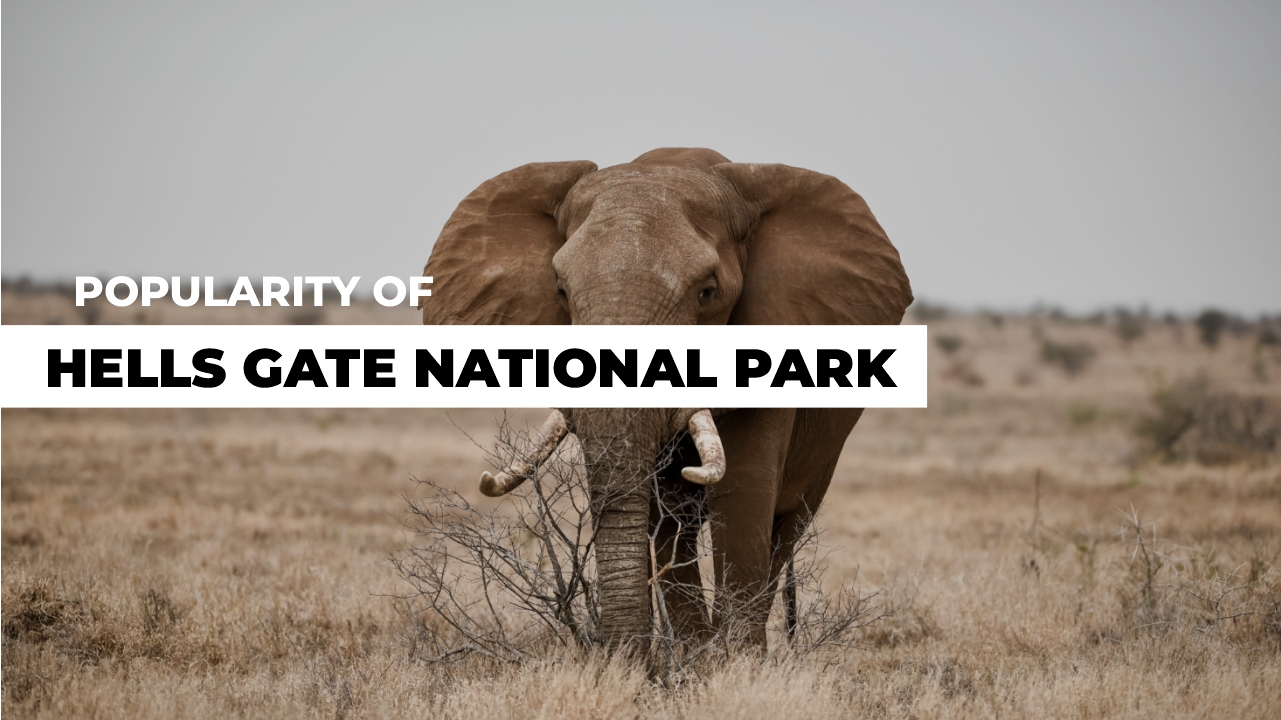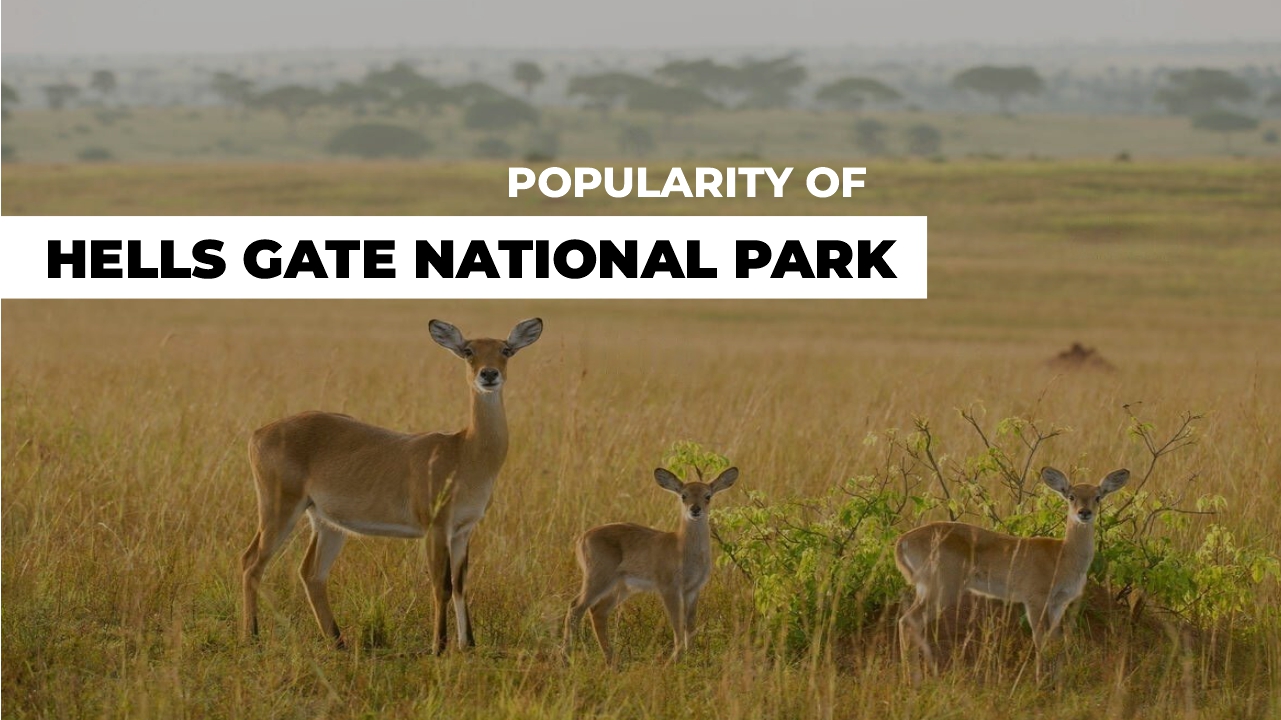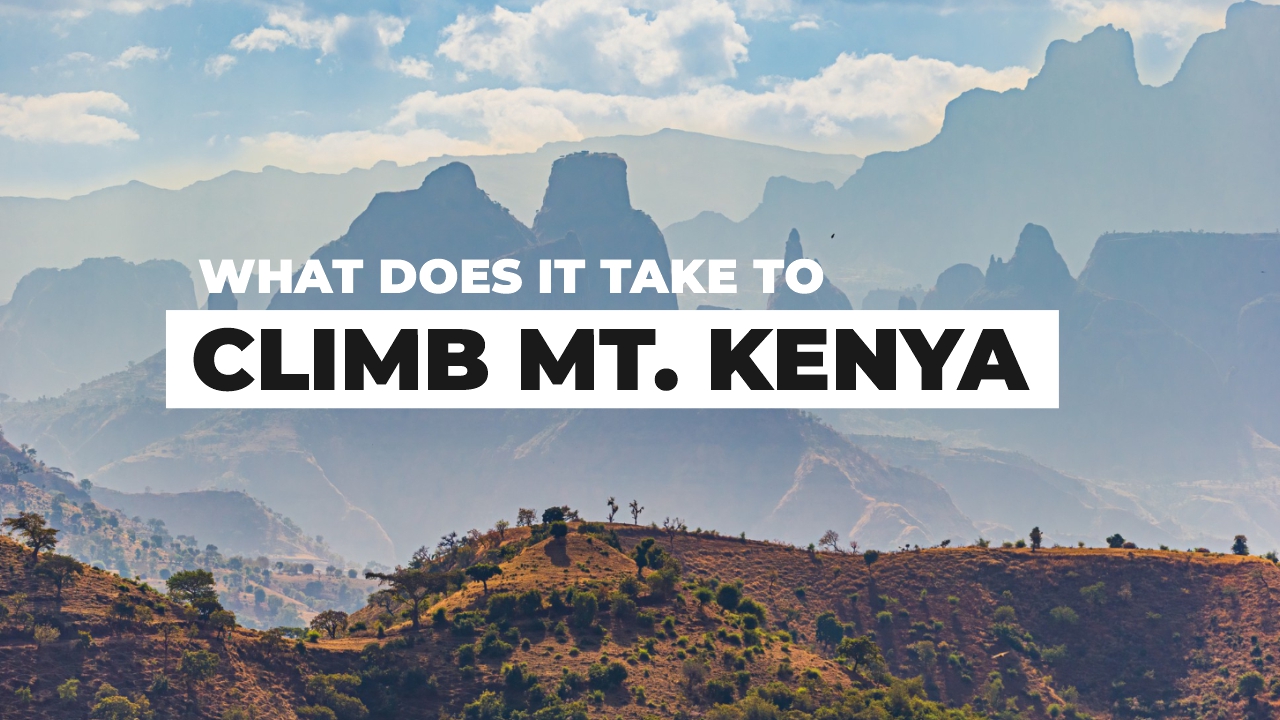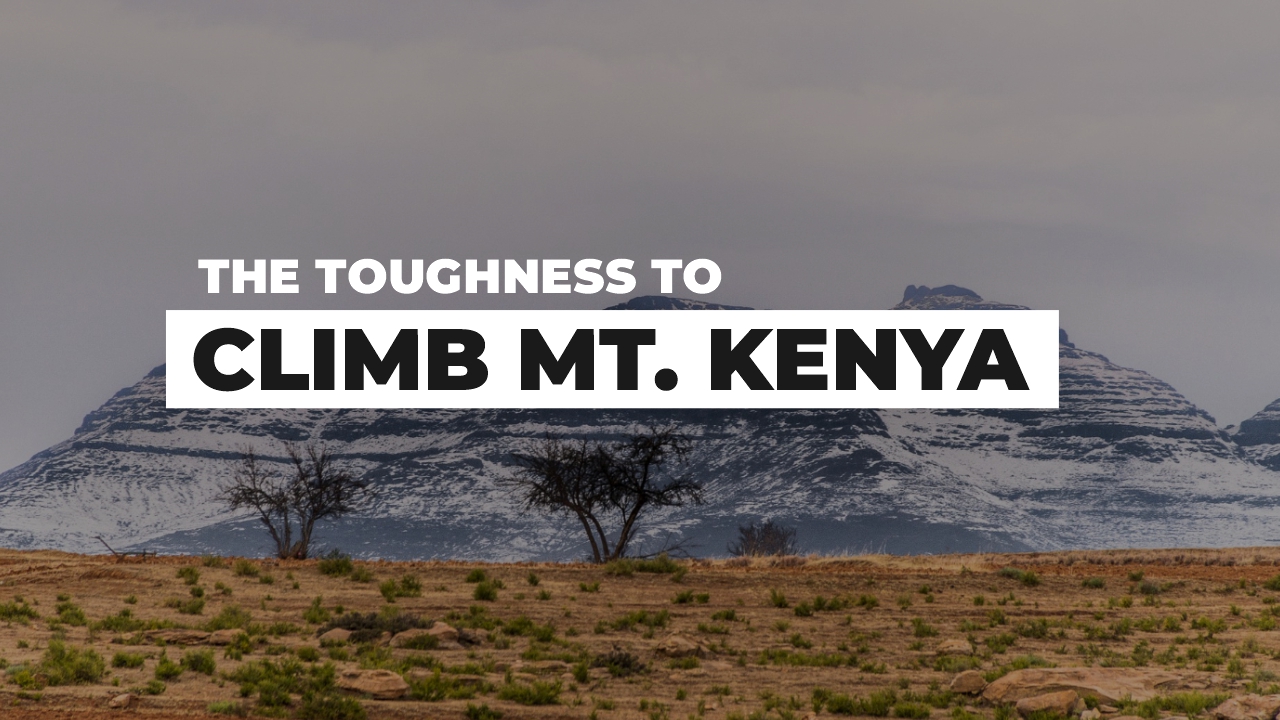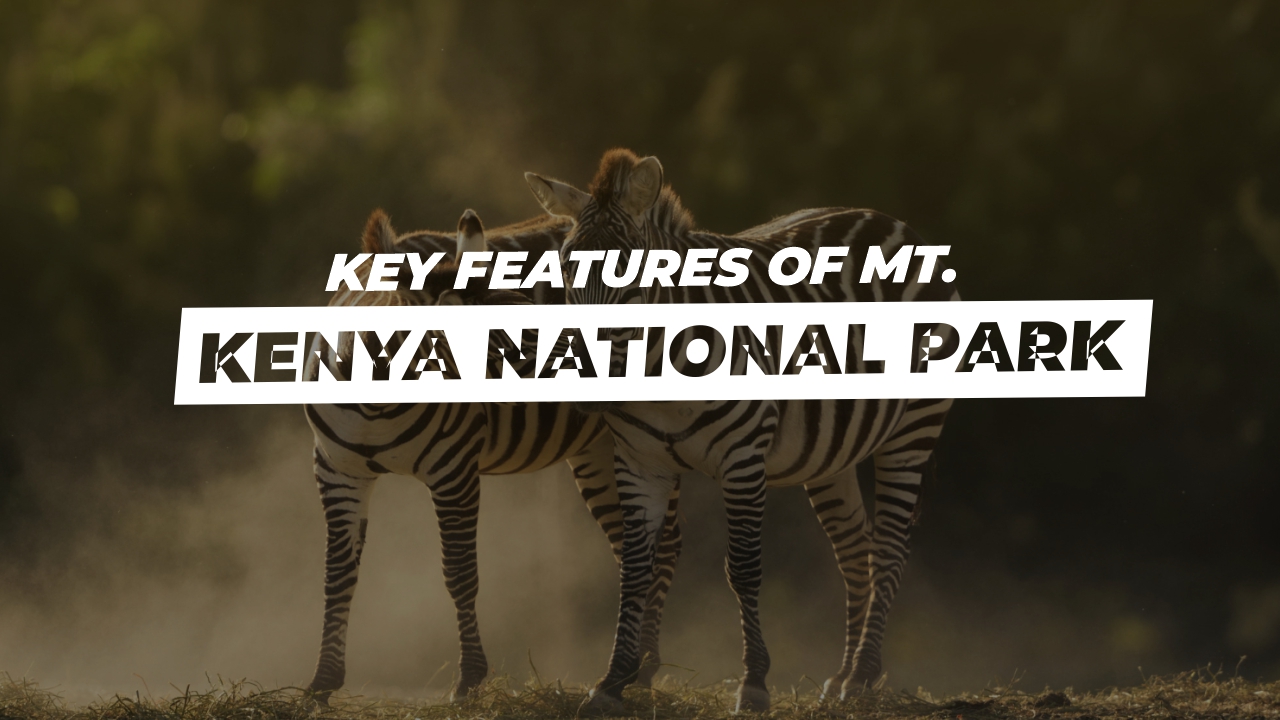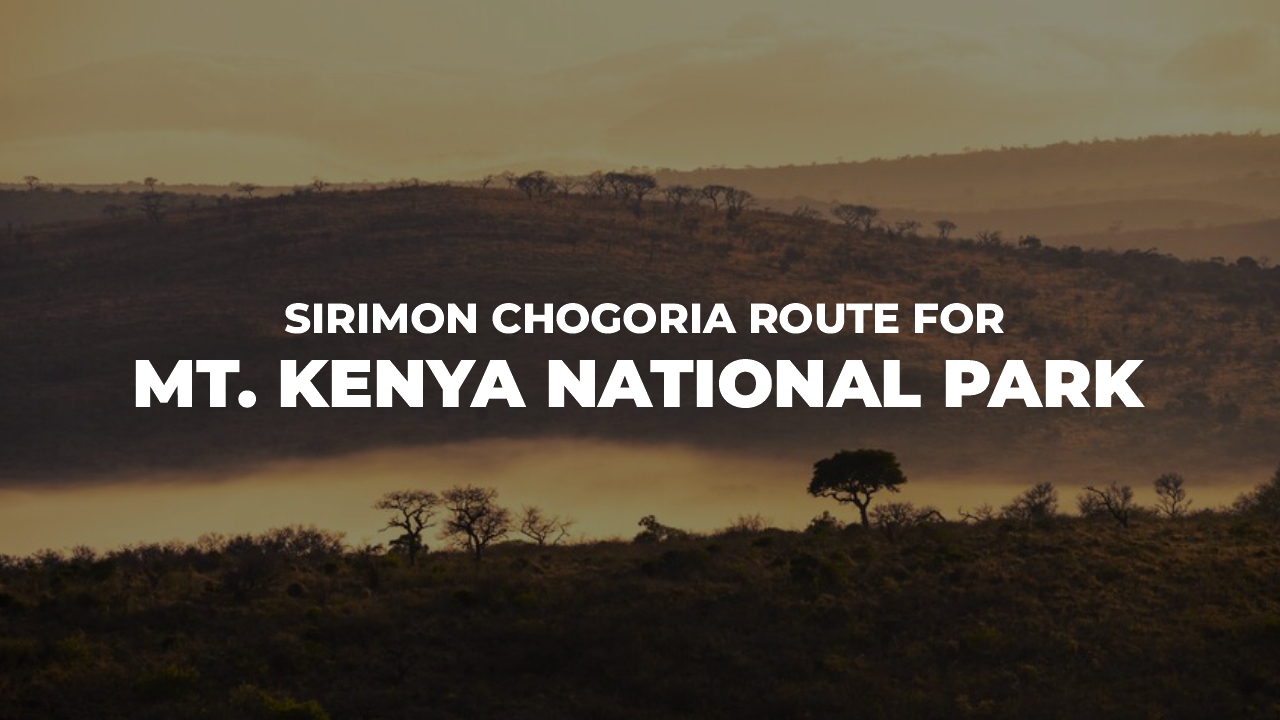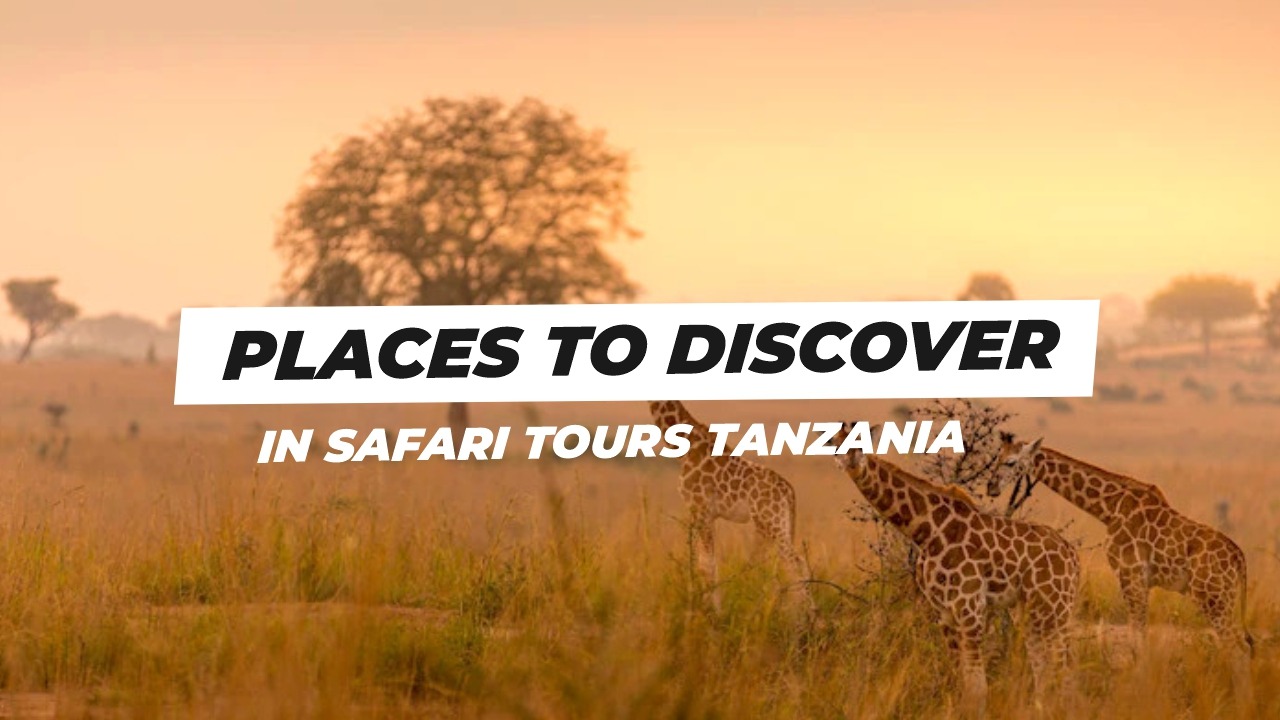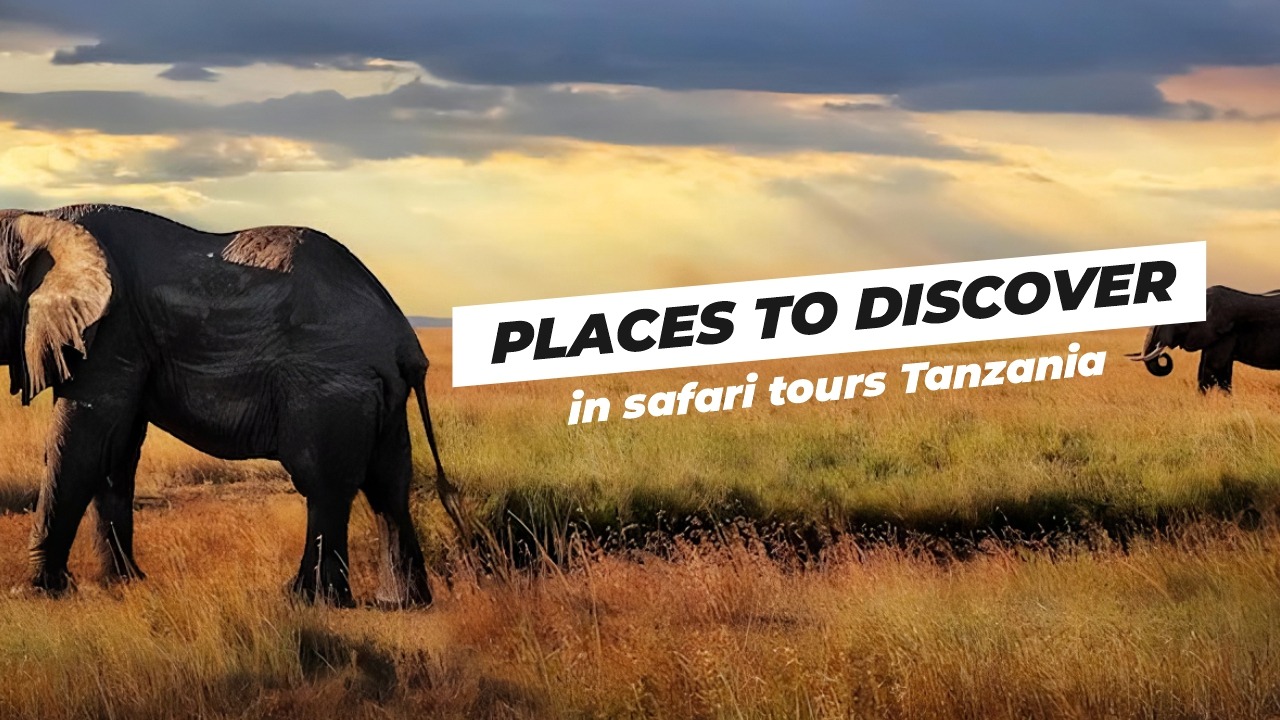
Kilimanjaro is the highest free-standing mountain in the world and trekking its staggering 19,341-feet-high summit is an adrenaline-rushing experience. The trekking to its summit, Uhuru Peak of Kilimanjaro will make jaw drop and guarantee a life-changing experience. Located in Kilimanjaro National Park in Tanzania, which is a UNESCO World Heritage Site, it is a popular trekking destination that is on the bucket list of many travel enthusiasts. Trekking to its highest peak requires proper preparation, a deep understanding of the mountain, and expert guidance from an experienced guide to reach the top. The expert guides play a significant role in helping enthusiasts reach the top while ensuring their safety, comfort, and enjoyment along the way.
The Vital Role of Guides for Successful Kilimanjaro Trekking Expedition
Kilimanjaro is a challenging and multiple-day trekking expedition that takes trekkers through changing climates, diverse terrains, and high altitudes. Since trekking this mountain is no ordinary hike, safety regulations are in place for the trekkers. However, before embarking on the Kilimanjaro trekking, travel enthusiasts need to perfectly plan for their trekking expedition to be successful in their mission. Kilimanjaro trekking guides immensely contribute to making this adventure unforgettable and are essential for a successful trekking expedition.
Navigation Expertise – Trekking guides are well aware of different routes like Marangu, Machame, and Lemosho and ensure trekkers stay on the right trekking path to smoothly navigate to the top. Besides, the trekking guides can even adjust the itinerary if required.
Altitude Awareness and Safety – While trekking the highest peak, trekkers often experience altitude sickness and trekking guides emerge as the biggest help, as they are trained to recognize symptoms, administer first aid, and also help them with acclimatization. The trekking guides give top-most priority to the trekker’s health and safety and make sure that reach the peak without any health issues.
Cultural Insights – Kilimanjaro trekking guides are usually the local people having a sound understanding of Kilimanjaro’s geology, history, and the surrounding culture and they share fascinating stories related to Kilimanjaro with the trekkers. Their knowledge and insights about the mountain add a sound educational aspect to their trekking expedition.
Motivation and Support – Kilimanjaro trekking is both mentally and physically tiring and hence trekkers need moral and psychological support. A good and cooperative guide turns out to be the best coach who provides help and encouragement during challenging terrains and celebrates their milestones on the way keeping the trekkers encouraged and motivated during the entire trekking period.
What to Expect from Kilimanjaro Trekking Guides
Mt. Kilimanjaro is the most recognized mountain that lures thousands of trekkers every year because it allows them to explore five different ecosystems ranging from rain-forest zone to alpine desert, to arctic snow-cap and climbing 19,340 feet to conquer Uhuru peak. Kilimanjaro climb takes trekkers through thick and drenched rainforests onto alpine fields and crosses a desert-like lunar landscape to reach the twin summits of Kibo and Mawenzi. Trekking this challenging mountain is not an easy task and hence trekkers need help and guidance from guides who offer comprehensive support in the trekking journey. The role of trekking guides is not restricted to leading the way but also includes the following:
Pre-Trek Briefings – Trekking guides brief tourists about the weather, route, safety protocols, and the equipment required for trekking, before starting the trek. This provides trekkers with the opportunity to clarify their doubts and ask trekking-related questions to gain absolute clarity on their trekking.
Daily Itinerary Management – Daily itineraries are perfectly managed by the guides to ensure that the entire group progresses in their trekking mission at a safe and steady pace. To optimize the chance of successfully reaching the summit of the group, the trekking guides meticulously plan breaks for rest, meals, and acclimatization.
Emergency Preparedness – Trekking guides are well prepared for managing any health and medical emergencies while climbing to the top. These guides are equipped with oxygen cylinders, first-aid kits, and vital communication devices to communicate about the emergencies and call for evacuation if required.
Communication and Multilingual Skills – Trekking guides are well versed in multiple languages like Swahili, English, and even some other languages which makes it easy for international trekkers to effectively communicate with guides.
Environmental Stewardship – Trekking guides also hold the responsibility to maintain and preserve the mountain’s natural beauty, hence they emphasize responsible trekking practices and instruct trekkers to adhere to the “Leave No Trace” policy.
Tips to Choose the Right Trekking Guide
Travel enthusiasts who are looking for a memorable and adventurous Kilimanjaro trekking experience should be cautious while selecting the best trekking guide, as this will make a big difference in their trekking trip. For a safe and enjoyable trekking experience, trekkers should keep the following factors in mind while choosing the trekking guide:
Certification and Licensing – Trekkers should give priority to certified and licensed trekking guides to avoid any problems later on. Preference should be given to guides who are certified by the Kilimanjaro National Park Authority and are affiliated with esteemed organizations like the Tanzania Association of Tour Operators.
Experience – Travellers should choose a trekking guide that has good experience of Kilimanjaro trekking. This will ensure that they have knowledge about the multiple trekking routes and can even suggest the best route to reach the top. Besides, they will also have in-depth knowledge of the mountain as well as the weather conditions.
Reviews and Recommendations – Trekkers before making the final decision should check online reviews and recommendations of trekkers who have already availed service of a guide. Reviews and recommendations of previous trekkers will help individuals make sound and informed decisions and help them pick the best trekking guide from the available options.
Final Thoughts
Mount Kilimanjaro trekking is a once-in-a-lifetime experience that requires proper preparation and the guidance of the best trekking guide. Professional Kilimanjaro trekking guides are the most valued and trusted companions ensuring safety, comfort, and an unforgettable experience for trekkers. Whether a seasoned trekker or a first-time climber, the right trekking guide helps trekkers navigate the challenges and enjoy the satisfaction of conquering Africa’s highest peak.
